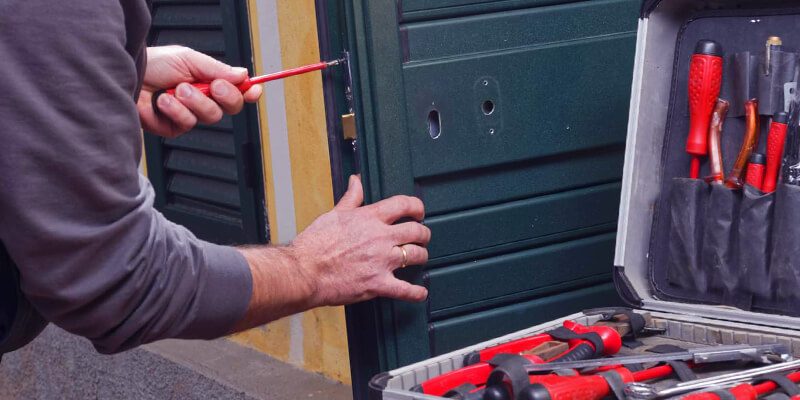Poor oral hygiene is one of the most common causes of bad breath. Bacteria accumulation in the mouth can lead to an unpleasant odour. Here are the factors contributing to causes of bad breath from poor oral hygiene and provide tips for improving your oral hygiene habits.
The Role Of Bacteria In Bad Breath
The human mouth is home to countless bacteria, most of which are harmless. However, some bacteria produce sulfur compounds that can cause bad breath. These sulfur compounds are released when bacteria break down proteins and other organic matter in the mouth. The bacteria also release waste products that can contribute to bad breath.
How Plaque And Tartar Contribute To Halitosis
Plaque is a sticky, colourless film that forms on teeth when bacteria in the mouth mix with food particles and saliva. Over time, if not removed through proper brushing and flossing, plaque can harden into tartar, irritating the gums and leading to gum disease. Gum disease can cause chronic bad breath, tooth decay and tooth loss.
The Importance Of Brushing And Flossing
Brushing and flossing are the most important things you can do to maintain good oral hygiene and prevent bad breath. Brushing removes bacteria and food particles that can lead to bad breath while flossing removes debris between teeth and the gum line. It’s important to brush your teeth at least twice a day for two minutes each time and to floss at least once a day.
The Benefits Of Tongue Scrapping
Bacteria can also accumulate on the tongue, which can contribute to bad breath. Tongue scraping is a simple and effective way to remove bacteria from the tongue. To scrape your tongue, use a tongue scraper or the back of a spoon and gently scrape from back to front, rinsing the scraper after each pass.
The Role Of Mouthwash In Combating Bad Breath
Mouthwash can be a helpful addition to your oral hygiene routine, as it can kill bacteria and freshen your breath. However, it’s important to choose a mouthwash that is alcohol-free, as alcohol can dry out the mouth and exacerbate bad breath. It’s also important to note that mouthwash should not be used as a substitute for brushing and flossing.
Improve Oral Hygiene: Poor oral hygiene is a common cause of bad breath. Brush your teeth twice a day and floss at least once a day to remove food particles and plaque from your teeth and gums. Don’t forget to clean your tongue, as it can harbour bacteria that cause bad breath.
Drink More Water: Dehydration can cause bad breath, so make sure you’re drinking enough water throughout the day. Water can also help rinse away food particles and bacteria that can cause bad breath.
Avoid Certain Foods: Certain foods can cause bad breath, such as garlic, onions, and spicy foods. Limit your intake of these foods or avoid them altogether.
Quit Smoking: Smoking is a major cause of bad breath, as it dries out your mouth and leaves a lingering odour. Quitting smoking can improve your overall oral health and reduce bad breath.
Treat Gum Disease: Gum disease can cause bad breath, so it’s important to see a dentist for regular cleanings and checkups. If you have gum disease, your dentist may recommend treatment options such as scaling and root planing or antibiotics.
Conclusion
Poor oral hygiene is a common cause of bad breath. By understanding the role of bacteria in bad breath, the importance of brushing and flossing, the benefits of tongue scraping, and the role of mouthwash in combating the causes of bad breath, you can take steps to improve your oral hygiene habits and combat bad breath. Maintaining good oral hygiene can improve your breath and protect your teeth and gums from disease.













Comments